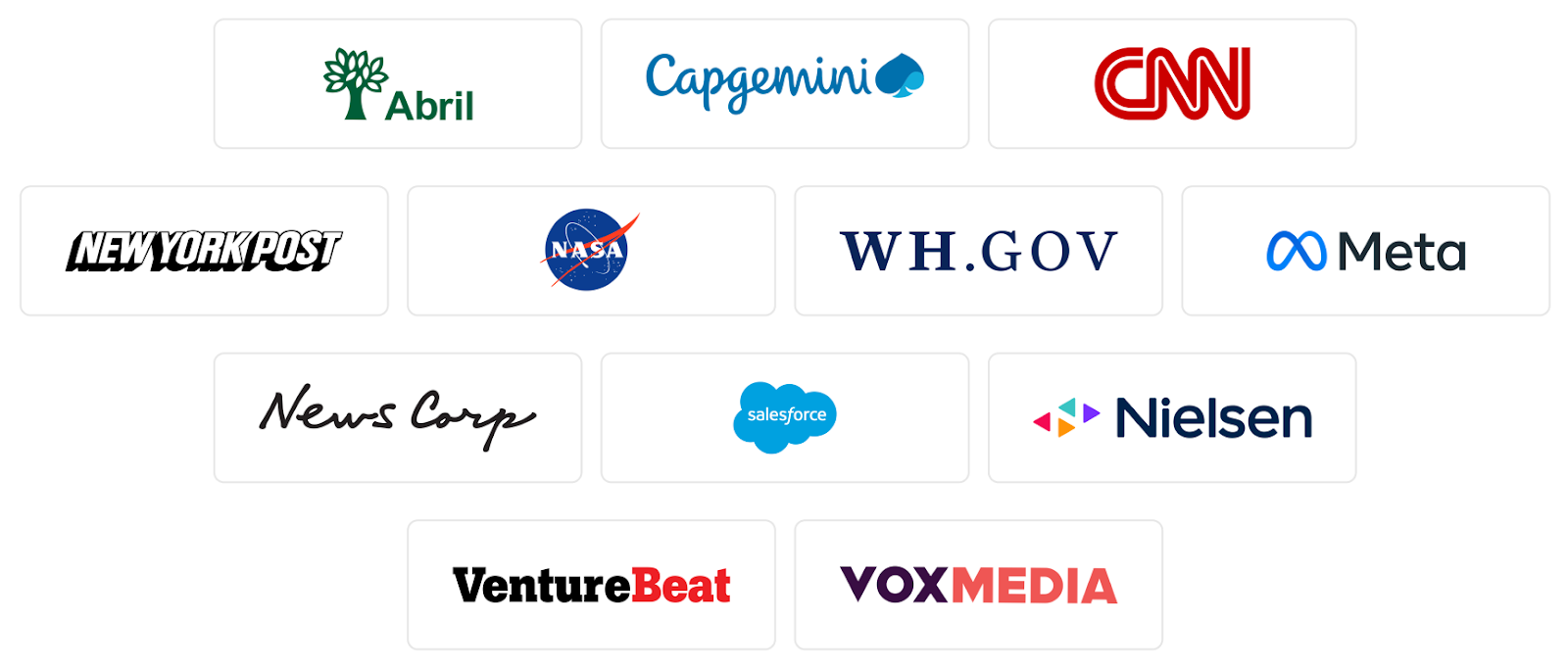Django to WordPress Migration
Website migration is our superpower. With over 200 successful migrations under our belt, we make moving your Django website to WordPress effortless. If you’re looking to switch to WordPress before your next renewal to cut costs or tackle a tight deadline, we’re the go-to team for mission-critical migrations. We’ll handle everything from the planning to the final switch, ensuring a seamless transition with zero downtime. Trust us to make your migration smooth, fast, and worry-free so you can keep your business running at full speed. Let’s connect when you are ready (no pressure)!
Quick Comparison: Django vs WordPress
What is Django?
Django CMS is an open-source content management system built using the Django web framework. It provides a way to manage website content through a web-based interface, allowing users to create and edit pages without needing to code. The system supports various plugins and extensions for additional functionality. As it is based on Django’s framework, it requires some technical knowledge to set up and customize; Django CMS is often used in projects where a structured CMS is needed, particularly for sites with complex content requirements.
What is WordPress?
WordPress, a popular in the enterprise CMS sphere, has cemented its reputation as a reliable and powerful platform since its inception in 2003. WordPress thrives as an open-source platform, allowing it unlimited flexibility and customization without the constraints of a subscription-based model. Its real strength lies in its remarkable flexibility, ease of use, extensive community support, and a vast selection of themes and plugins that empower businesses to effortlessly deploy and manage everything from blogs to complex e-commerce and enterprise sites. WordPress stands out for delivering an all-inclusive, user-friendly experience, making it the preferred choice for businesses seeking a proven, adaptable, and continuously evolving content publishing platform.
WordPress: The Ultimate
Enterprise-Grade CMS
Global enterprises across industries, from finance to tech to media, trust WordPress to power their digital presence. Its unmatched scalability, flexibility, security, and data control are driving forces behind this choice. Discover why the world’s leading brands rely on WordPress to deliver exceptional digital experiences.
Big Brands Powered by WordPress

What Makes WordPress a Better CMS than Django?
WordPress gives enterprises a winning combination: low costs, easy updates, and hassle-free maintenance. You save money, keep content fresh with ease, and maintain your site effortlessly, so you can focus on growth instead of platform management.